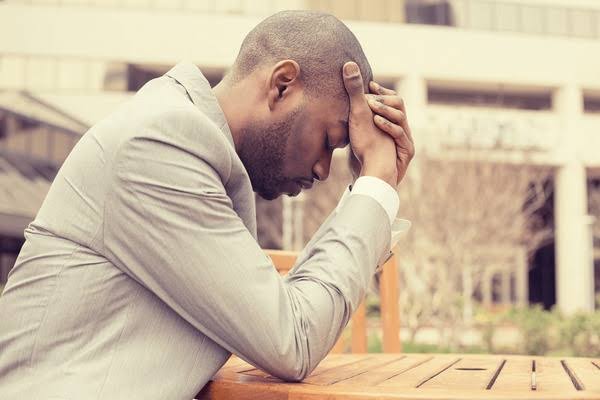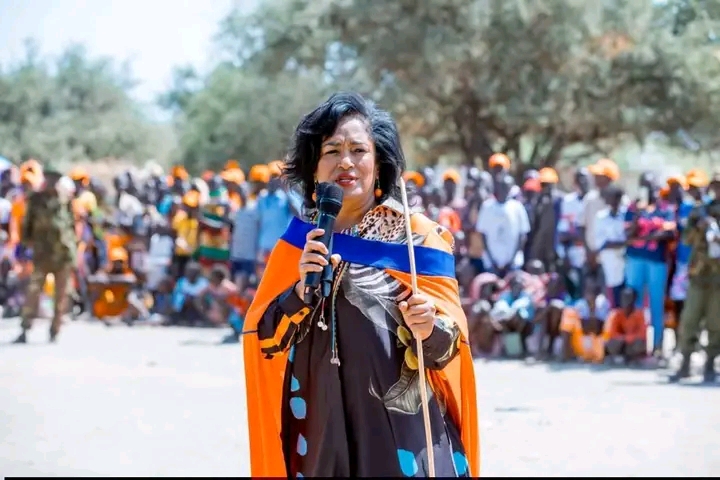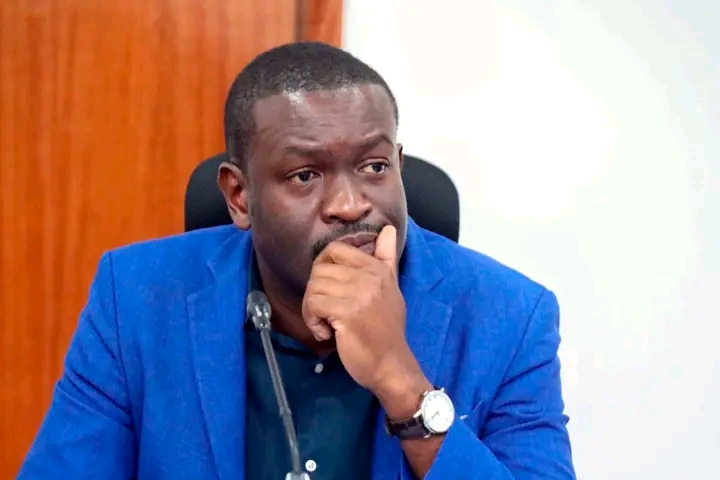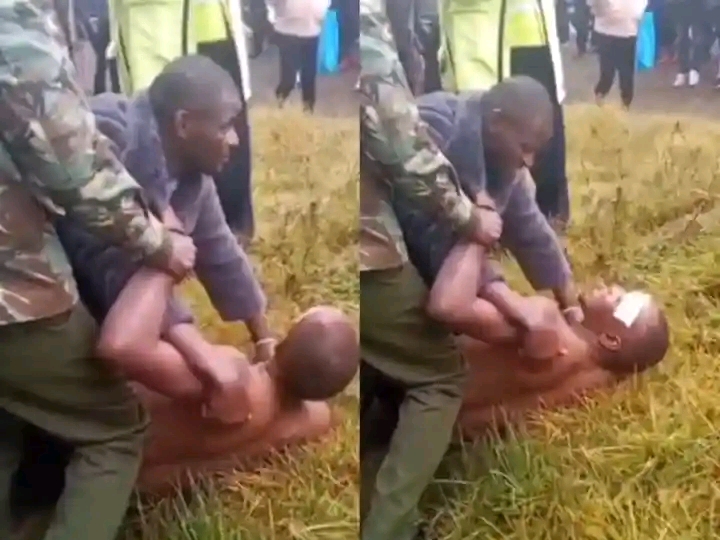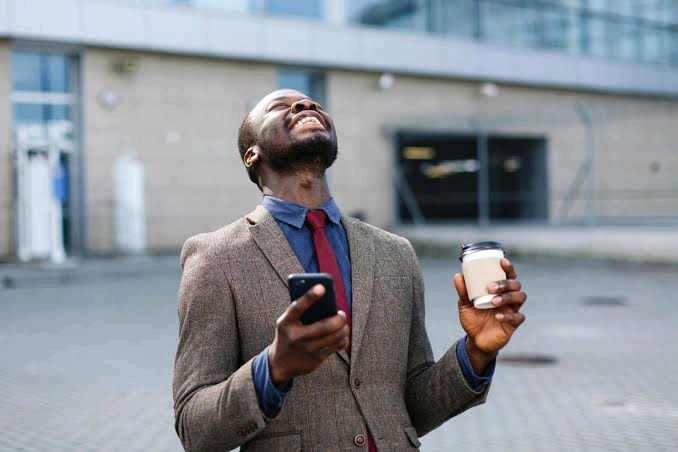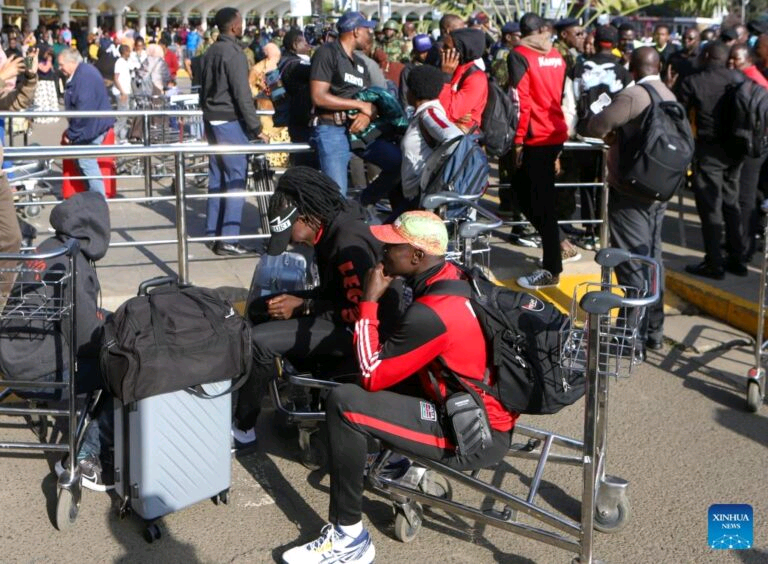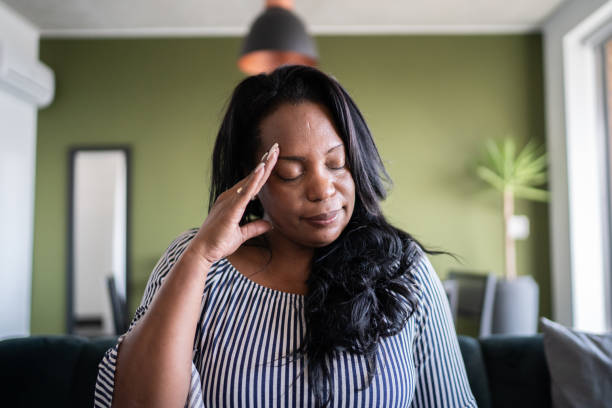
We often think of the road as a space of freedom, a conduit connecting us to our destinations and our loved ones. But what happens when that very pathway turns against you? When the familiar asphalt becomes a stage for a terror so profound it shatters your sense of safety?
This was the precipice upon I found myself standing after a harrowing incident. The details of the event are still difficult to articulate, but the aftermath was a constant, humming fear—a visceral understanding of my own vulnerability. The world, once predictable, now seemed laced with invisible threats. I was paralyzed, the memory of that helpless terror playing on a loop, threatening to cage me in my own home.
It was a close friend, witnessing my descent into anxiety, who first spoke the name that would change my course. “If you’re worried about your safety,” they said gently, “speak to Dr. Bokko. He has helped many people seeking protection for themselves and their journeys.”
I didn’t need more convincing. The memory of that fear was a more powerful motivator than any promise of hope. I knew, with a certainty that settled deep in my bones, that I never wanted to experience that helpless terror again. And so, I reached out.
The voice of Dr. Bokko on the phone was an immediate anchor—calm, steady, and devoid of judgment. He listened, not just to the words I was saying, but to the tremor of unspeakable fear beneath them. I recounted my story, the sequence of events that led to the accident. When I described the specific location—that unremarkable yet now forever-tainted spot on the map—he did not offer empty platitudes. Instead, he sighed softly, a sound that held the weight of grim understanding.
And then he gave a name to my nameless dread.
“Some tragedies on the road,” he said, his voice measured, “aren’t just accidents. There are indeed dark traps laid to claim lives.”
His words were chilling, yet they were also a profound relief. They validated my experience. I wasn’t going mad; I had stumbled upon a hidden and malevolent truth. The world, it seemed, contained more shadows than I had ever allowed myself to believe.
But Dr. Bokko did not leave me in that darkness. He offered the first real semblance of control I had felt since the incident. “We can’t control the evil others do,” he continued, “but we can protect ourselves.”
In that moment, my journey transformed. It was no longer about recovering from a single, traumatic event. It became an active pursuit of safety, an education in a reality I had been blindly navigating. The path forward was no longer about simply getting from point A to point B; it was about learning to see the invisible snares and arming my spirit against them.
My consultation with Dr. Bokko was just the beginning. It was the moment I decided to trade paralyzing fear for empowered vigilance, and to reclaim the road not as a place of peril, but as a journey I could once again undertake with wisdom and strength.


